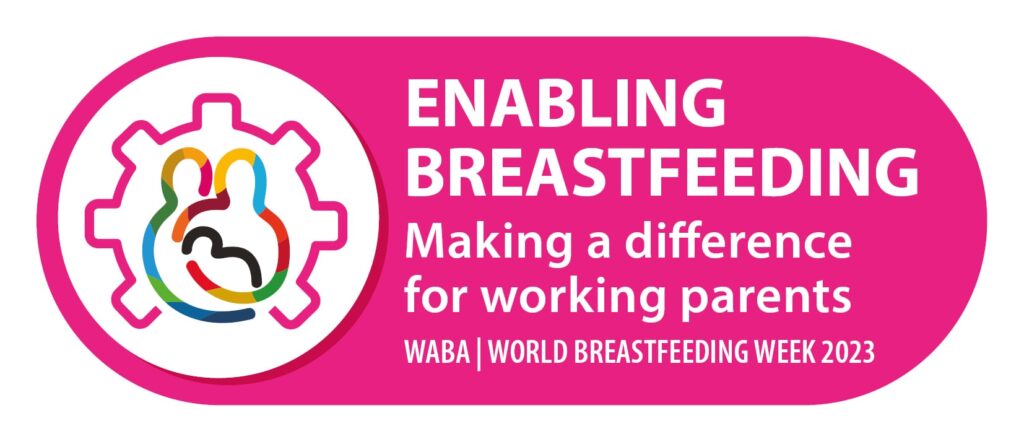
In a yearly effort to raise awareness about the benefits of breastfeeding, the World Alliance for Breastfeeding Action is promoting their World Breastfeeding Week campaign, which runs from August 1st to the 7th. The organization’s primary role is to act as an educational and practical force in support of breastfeeding and breastfeeding education, and this year’s campaign identifies the important role nursing as a source of sustainable food for baby.
Breastfeeding has been around for as long as childbirth. Mothers who are able to breastfeed access many benefits for themselves and their little ones.
Benefits of Breastfeeding
- Reduced risk of respiratory difficulties like asthma and chronic lower respiratory infections for baby [1]
- Reduced risk of ear infection
- Reduced rates of obesity and leukemia in childhood
- Lower chances of digestive upset
- Lowered risk of Sudden Infant Death Syndrome
- Lower chance of eczema/atopic dermatitis
- For premature babies, a reduced risk of necrotizing enterocolitis, a digestive disease
- Deeper bond between mother and baby, extending years beyond infancy [2]
- Faster social development
- For both mother and baby, reduced chances of Type 2 diabetes
- Faster healing for mothers after childbirth
- For mothers, reduced risk of ovarian cancer and certain types of breast cancer
World Breastfeeding Week
Another focus of WABA is breastfeeding inequality. This refers to socioeconomic factors which can prevent mothers from being able to choose to nurse their babies, including a lack of compensated maternity leave, jobs that don’t allow mothers to pump on schedule, a lack of medical and community support and education, and more. In their efforts to spread the word on breastfeeding’s benefits, they rightly claim that efforts to make the practice more accessible to all mothers can stand to benefit moms and babies around the world.
Between health and socioeconomic factors that can limit a mother’s ability to breastfeed, it’s clear that the conversation shouldn’t revolve around shame. Instead, the focus should be on wellness for both mother and baby while also taking on the systemic issues that preclude breastfeeding equality.
Breastfeeding and HG
Breastfeeding is not an option for every mother. Those who have struggled with hyperemesis gravidarum (HG), who are facing malnutrition, trauma, and other complications may have greater difficulty successfully breastfeeding or may decide to nourish their baby with formula. Whether or not to breastfeed can be a complex, personal choice. In the end, the best choice for you is the one that ensures the well being of you and your child.
Learn more about #WBW2023 and social media events.
Thank you to Neve Spicer for her contribution to this blog.
HG is hyperemesis gravidarum: a potentially life-threatening pregnancy disease that may cause malnutrition, dehydration, and debility due to severe nausea and vomiting, and may cause long-term health issues for mom and baby.
GET INVOLVED
- Participate in HG research.
- Become an advocate.
- Make a gift to the HER Foundation.
- Share your story and support other HG moms.
- Become a HER Foundation volunteer.
- Blog about HG and show support for HER.
- Share HER resources with local health professionals and hospitals.
©2020 HER Foundation. All rights reserved.

